Let Istar help you get started on your project with our experience and know-how!
Upload your design files and production requirements and we will get back to you within 30 minutes!
Upload your design files and production requirements and we will get back to you within 30 minutes!
At Istar Machining, we’re proud to offer Swiss milling – a machining method known for amazing accuracy and top quality. Swiss milling makes parts that work perfectly in tough situations where normal machining can’t deliver the needed quality.

Supports uploading of the following file formats: .STEP .STP .SLDPRT .STL .IPT .3MF .3DXML .PRT .SAT .DXF .X_T .X_B .JT .CATPART
Istar Machining's years in the industry
The size of Istar Machining's factory
Our CNC equipment count
Istar's number of skilled machinists/operators











Swiss milling is a special way of making very exact parts. It comes from Switzerland, a country famous for making watches that need tiny, perfect parts. Today, this method helps make important parts for planes, medical tools, and fancy watches.
Check out our complete CNC machining service for all your manufacturing needs.
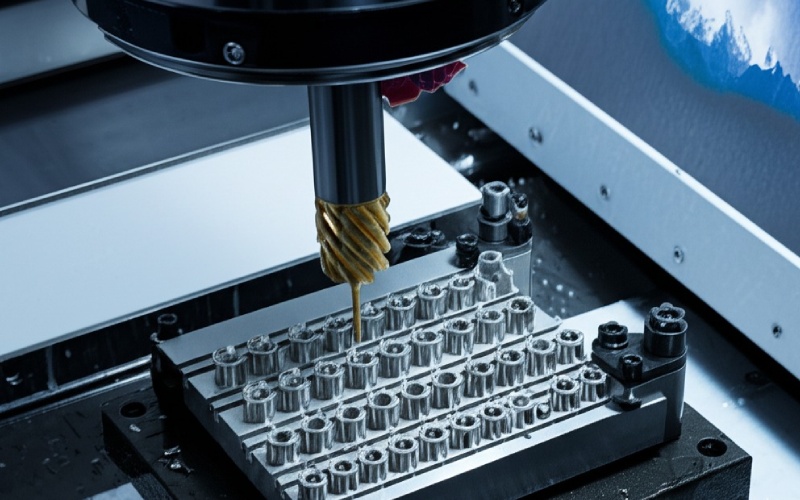
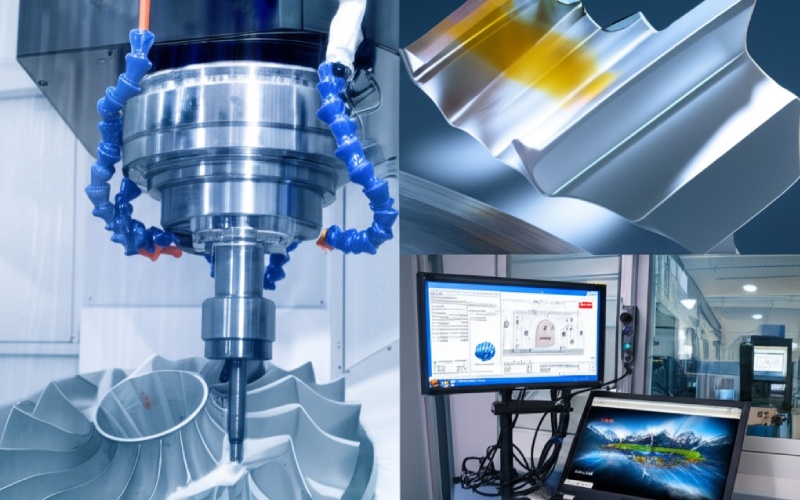
Swiss milling can work with many different materials and make very precise cuts. Here’s why it’s so special:
Swiss milling offers incredible precision for complex parts, especially those with small diameters and tight tolerances. Our advanced Swiss-type CNC machines can effectively process a wide variety of engineering materials to meet your project’s specific requirements. Here’s a breakdown of materials we commonly work with:
Metals
Aluminum (Common Grades: 6061, 7075, 5052, 2024) is lightweight, corrosion-resistant, has excellent thermal and electrical conductivity, and is very machinable. Different grades offer trade-offs between strength, machinability, and corrosion resistance.
Good for:
Why customers love it: “It provides an outstanding balance of strength, weight, machinability, and cost-effectiveness, making it versatile for countless prototyping and production applications.”
Stainless Steel (Common Grades: 303, 304/304L, 316/316L, 416, 420, 17-4 PH) is valued for its excellent corrosion resistance, strength, and aesthetic appeal. Different grades offer varying levels of machinability, corrosion resistance, and hardness.
Good for:
Why customers love it: “It offers a superior combination of strength, durability, and resistance to corrosion and heat, making it ideal for demanding applications, including those requiring biocompatibility (316L).”
Carbon Steel (Common Grades: 1018, 12L14, 1045) is an alloy of iron and carbon, offering good strength, hardness, and excellent machinability (especially grades like 12L14). It’s a highly cost-effective option but requires protective coatings to prevent rust.
Good for:
Why customers love it: “It’s a strong, versatile, and highly cost-effective material for general-purpose mechanical components where extreme corrosion resistance isn’t required and cost is a major factor.”
Alloy Steel (Common Grades: 4140, 4340, 8620) builds upon carbon steel by adding alloying elements (like chromium, nickel, molybdenum) to enhance properties such as strength, toughness, hardness, and heat resistance. Many grades are heat-treatable for significantly improved performance.
Good for:
Why customers love it: “It offers significantly improved mechanical properties like strength and toughness compared to carbon steels, suitable for high-stress or wear-intensive applications, often enhanced further by heat treatment.”
Brass (Common Grade: C360 – Free Machining Brass) is a copper-zinc alloy known for its outstanding machinability, good corrosion resistance, and electrical conductivity. It’s often chosen for high-volume, cost-sensitive parts.
Good for:
Why customers love it: “Its exceptional machinability allows for very fast cycle times and lower production costs, combined with good mechanical and electrical properties for many applications.”
Copper / Copper Alloys (Common Grades: C101/OFHC, C110/ETP, C172/C173 Beryllium Copper) are primarily known for their exceptional electrical and thermal conductivity. Pure copper is soft and ductile, while alloys like Beryllium Copper (BeCu) offer high strength, hardness, and spring properties alongside good conductivity.
Good for:
Why customers love it: “Its unparalleled electrical and thermal conductivity makes it essential for electrical and thermal management applications, while alloys like BeCu add high strength and spring characteristics for demanding electromechanical parts.”
Titanium (Common Grades: Grade 2, Grade 5 – Ti-6Al-4V) is renowned for its high strength-to-weight ratio, excellent corrosion resistance (especially to saltwater and chlorides), and biocompatibility. Machining titanium requires specific expertise due to its properties.
Good for:
Why customers love it: “It provides incredible strength and corrosion resistance at a low weight, and its biocompatibility makes it essential for medical implants and devices where direct body contact occurs.”
Nickel Alloys (Common Grades: Inconel® 625/718, Monel® 400/K500, Hastelloy® C276) are high-performance materials designed for extreme environments. They offer excellent resistance to high temperatures, corrosion (often specific types like chemical or saltwater), and oxidation. Machining these alloys requires specialized knowledge.
Good for:
Why customers love it: “They provide exceptional performance in extreme environments involving high temperatures, high stresses, and aggressive corrosive media where other metals would quickly fail.”
Specialty Metals (Examples: Kovar®, Invar®, Molybdenum, Tungsten) encompass a range of metals chosen for unique physical properties rather than general mechanical use. Examples include controlled low thermal expansion (Kovar, Invar), very high melting points and stiffness (Molybdenum, Tungsten), or specific magnetic properties. They are often challenging to machine.
Good for:
Why customers love it: “These materials are selected when a very specific, often unique, physical property (like thermal expansion, density, or melting point) is critical for the application’s success, enabling designs not possible with common alloys.”
Plastics
PEEK (Polyether Ether Ketone) is a high-performance engineering thermoplastic offering exceptional mechanical strength, high temperature resistance, chemical inertness, wear resistance, and biocompatibility (medical grades available).
Good for:
Why customers love it: “PEEK bridges the gap between metals and plastics, offering outstanding performance in demanding thermal, chemical, and mechanical applications where lighter weight or electrical insulation is needed.”
Delrin® (Acetal / POM) is an engineering thermoplastic known for its high stiffness, dimensional stability, low friction, excellent wear resistance, and good machinability. It bridges the gap between metals and standard plastics.
Good for:
Why customers love it: “It offers a great balance of mechanical properties, machinability, and cost-effectiveness, often serving as a replacement for metal parts in low-stress applications requiring low friction and good stability.”
Nylon (PA) (Common Grades: Nylon 6, Nylon 6/6, Glass-Filled Nylon) is a versatile engineering thermoplastic known for its toughness, wear resistance, and good chemical resistance (especially to oils and fuels). It’s relatively low cost but can absorb moisture, which may affect dimensional stability. Glass-filled grades offer increased stiffness and strength.
Good for:
Why customers love it: “It’s a tough, wear-resistant, and cost-effective plastic suitable for many mechanical components, especially moving parts like gears and bearings, with filled grades offering enhanced stiffness for structural uses.”
Teflon® (PTFE) (Polytetrafluoroethylene) is famous for its extremely low coefficient of friction (very slippery), outstanding chemical inertness across a wide range of substances, and excellent performance over a wide temperature range. It’s relatively soft and has low mechanical strength.
Good for:
Why customers love it: “Its unmatched chemical resistance and incredibly low friction make it ideal for sealing, insulating, and low-friction applications, especially in corrosive environments or where smooth movement is key.”
Ultem® (PEI – Polyetherimide) is a high-performance amorphous thermoplastic offering high strength, rigidity, and stability at elevated temperatures. It possesses good chemical resistance, inherent flame retardancy, and excellent dielectric properties. Medical grades are available for applications requiring sterilization.
Good for:
Why customers love it: “It offers excellent mechanical performance and stability at high temperatures, combined with good chemical resistance and electrical properties, making it suitable for demanding applications including those requiring repeated sterilization.”
Polycarbonate (PC) (Common Grades: Machine Grade, Optical Grade – though machining affects clarity) is known for its exceptional impact strength (toughness), good dimensional stability, moderate temperature resistance, and transparency. It’s a good electrical insulator but can be sensitive to certain chemicals and prone to stress cracking.
Good for:
Why customers love it: “Its exceptional toughness and impact resistance, combined with potential clarity and good temperature performance, make it great for durable transparent parts, protective guards, and robust housings.”
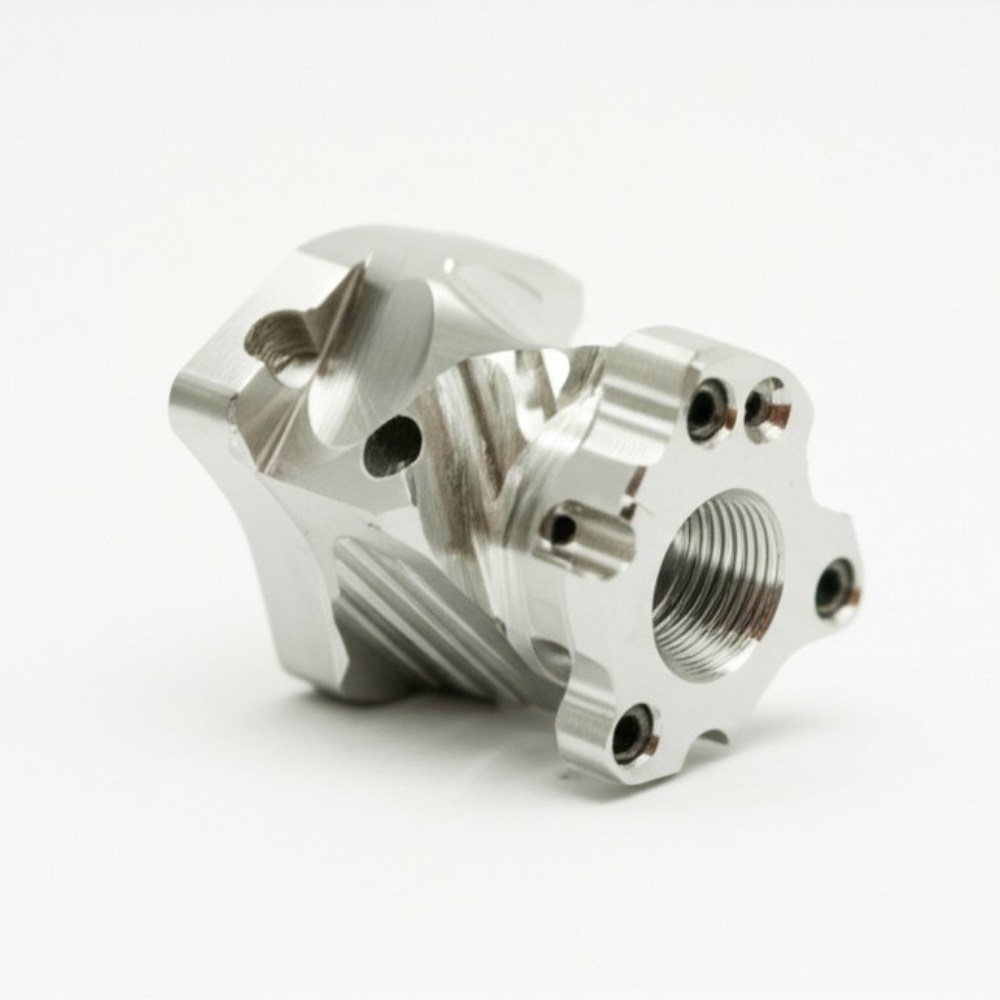
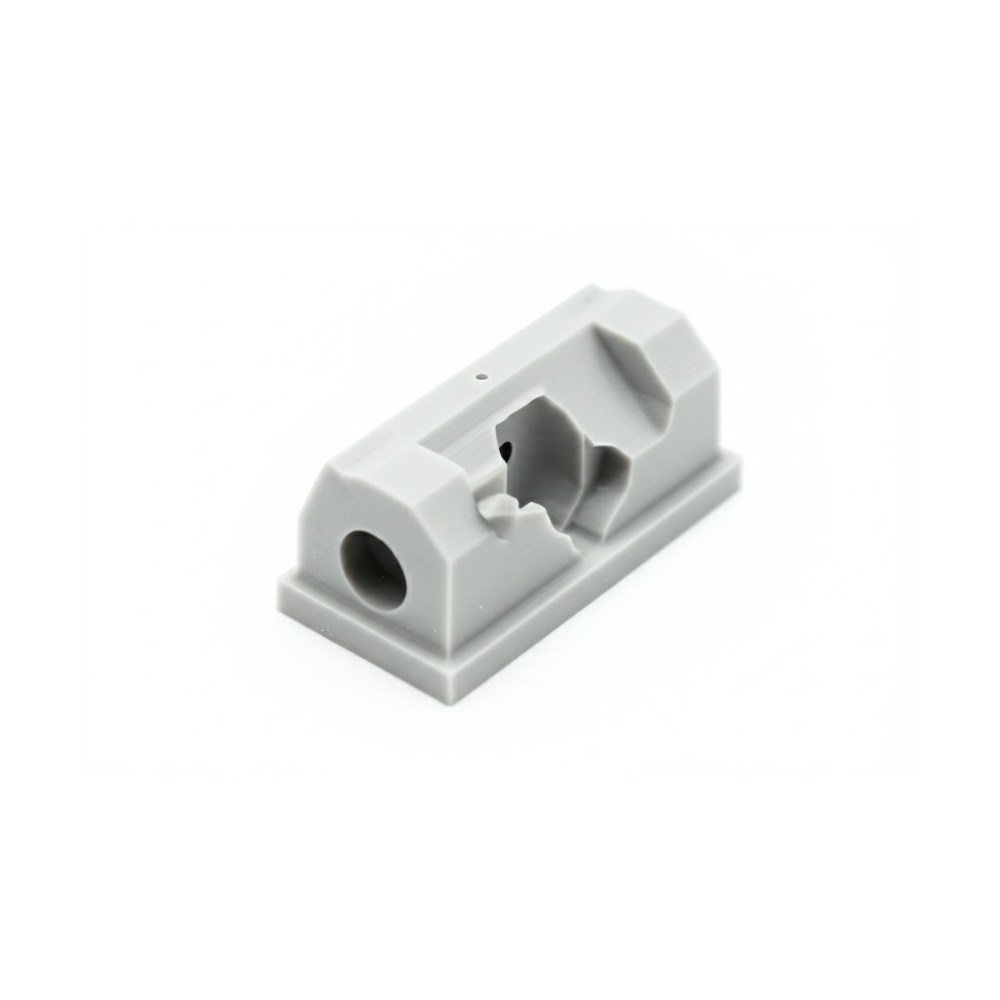
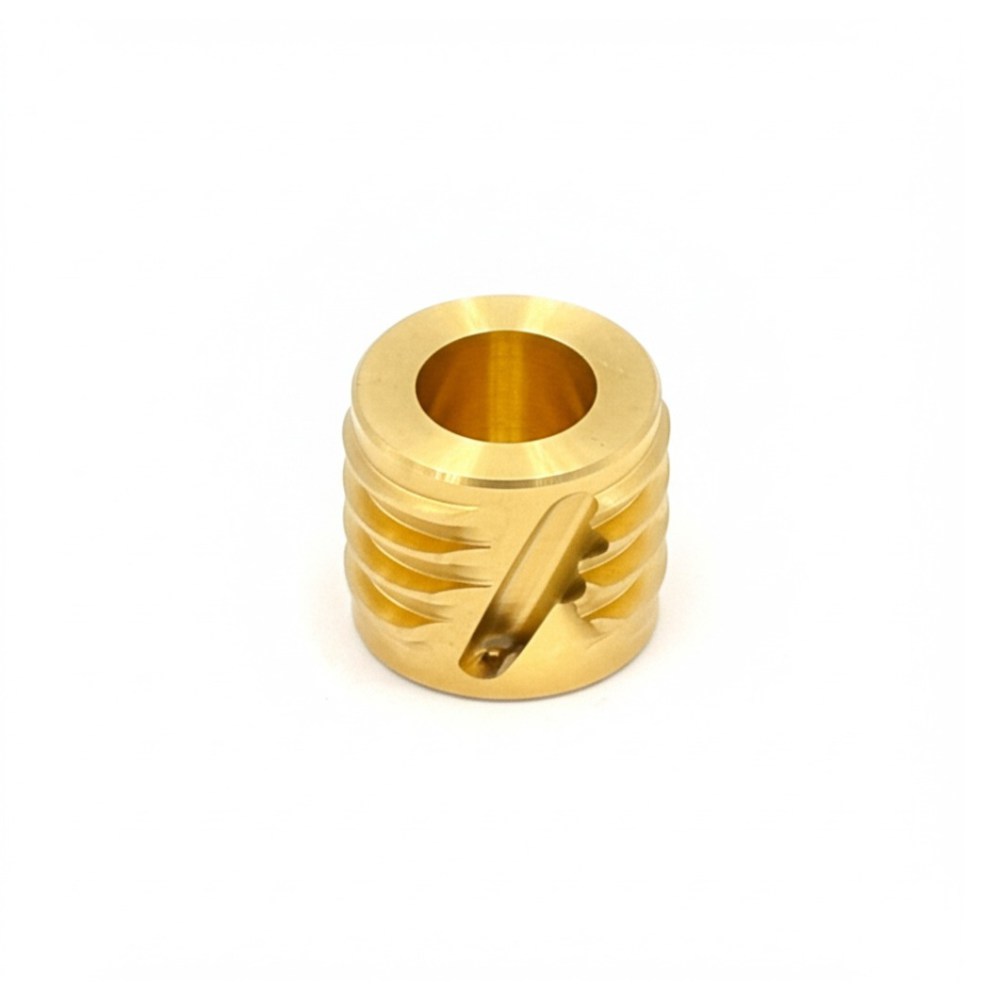
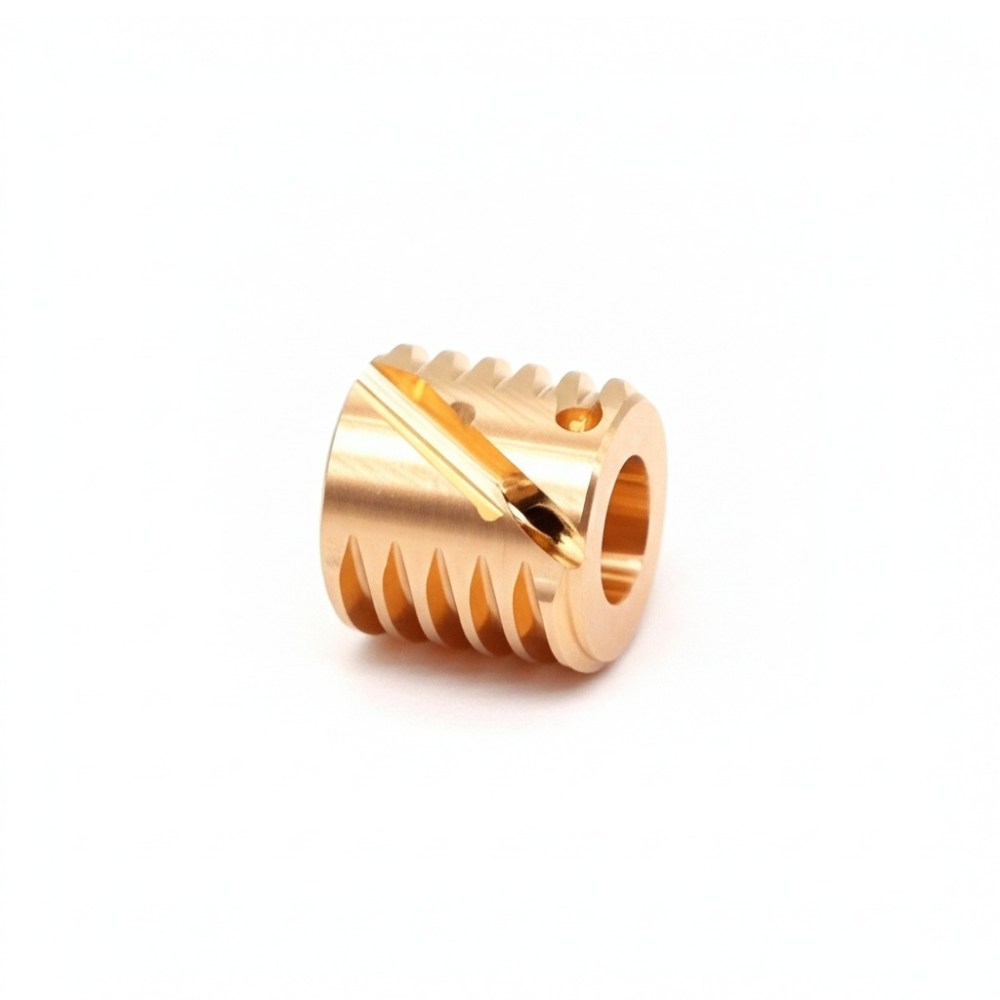
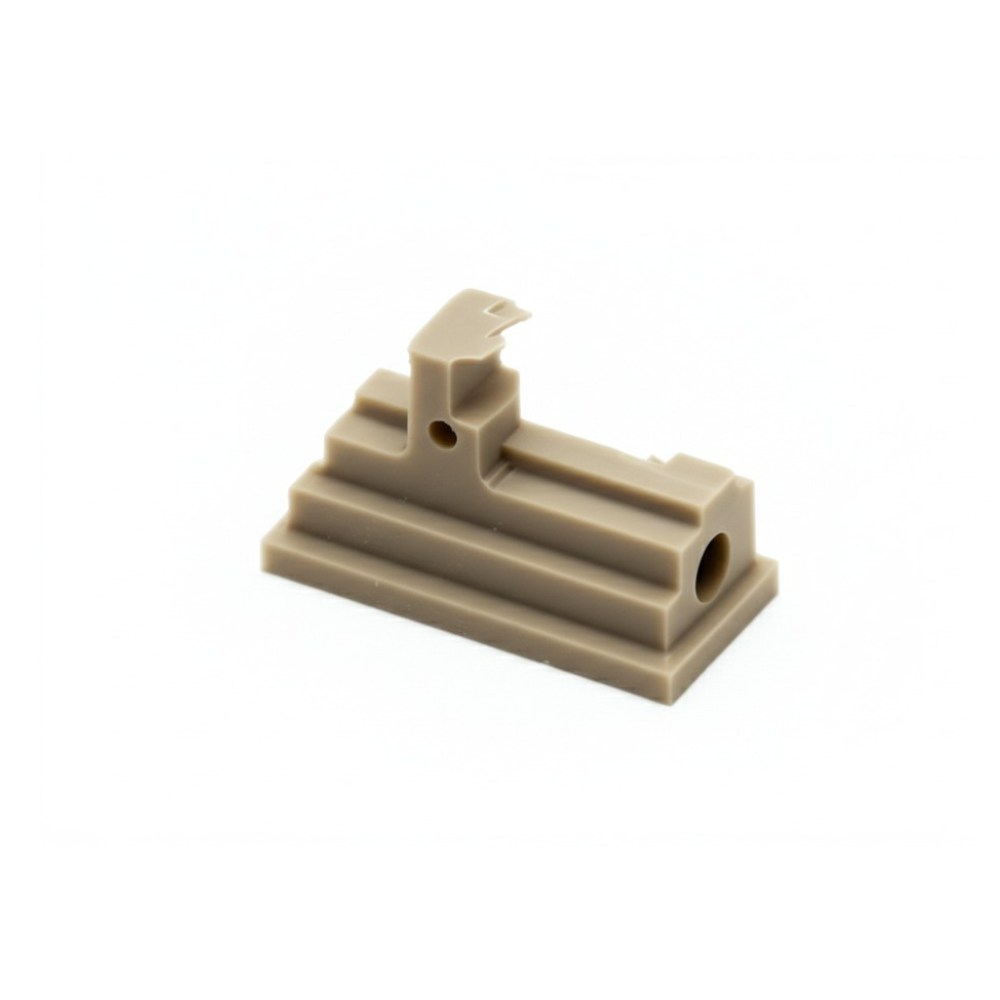
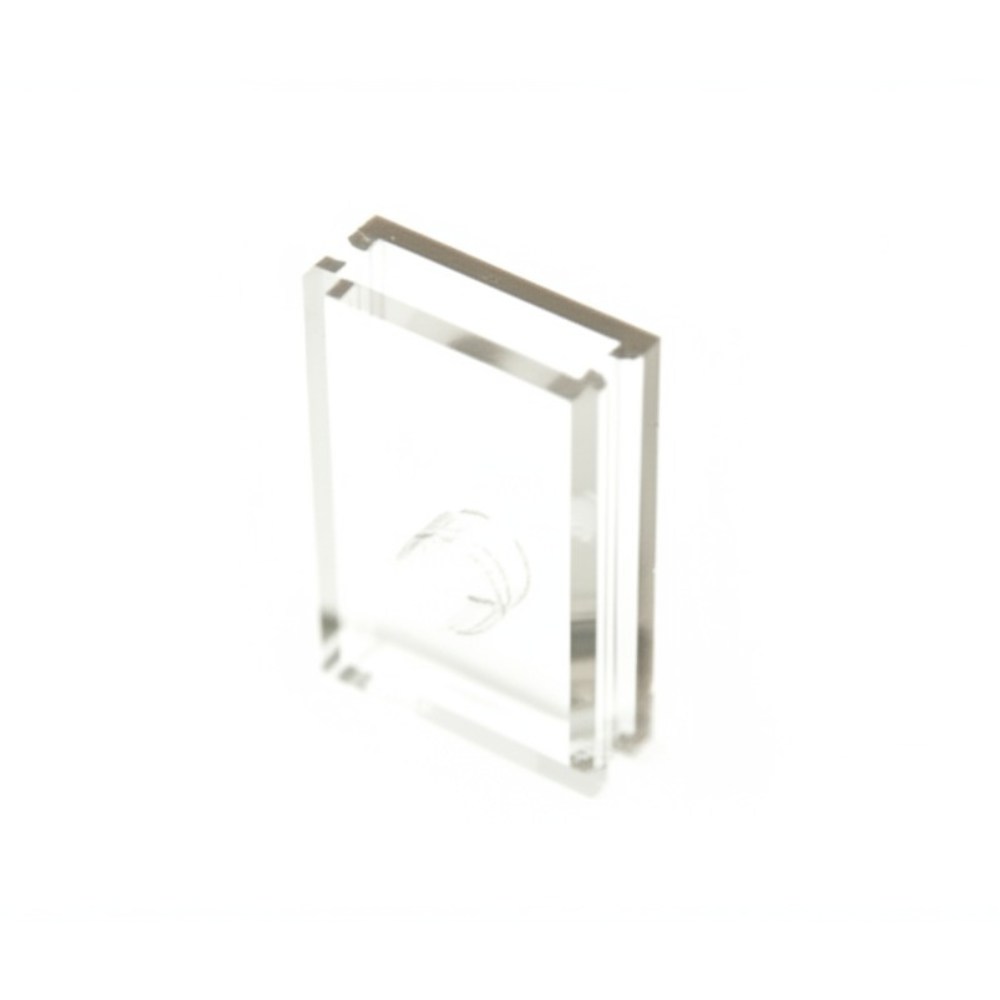
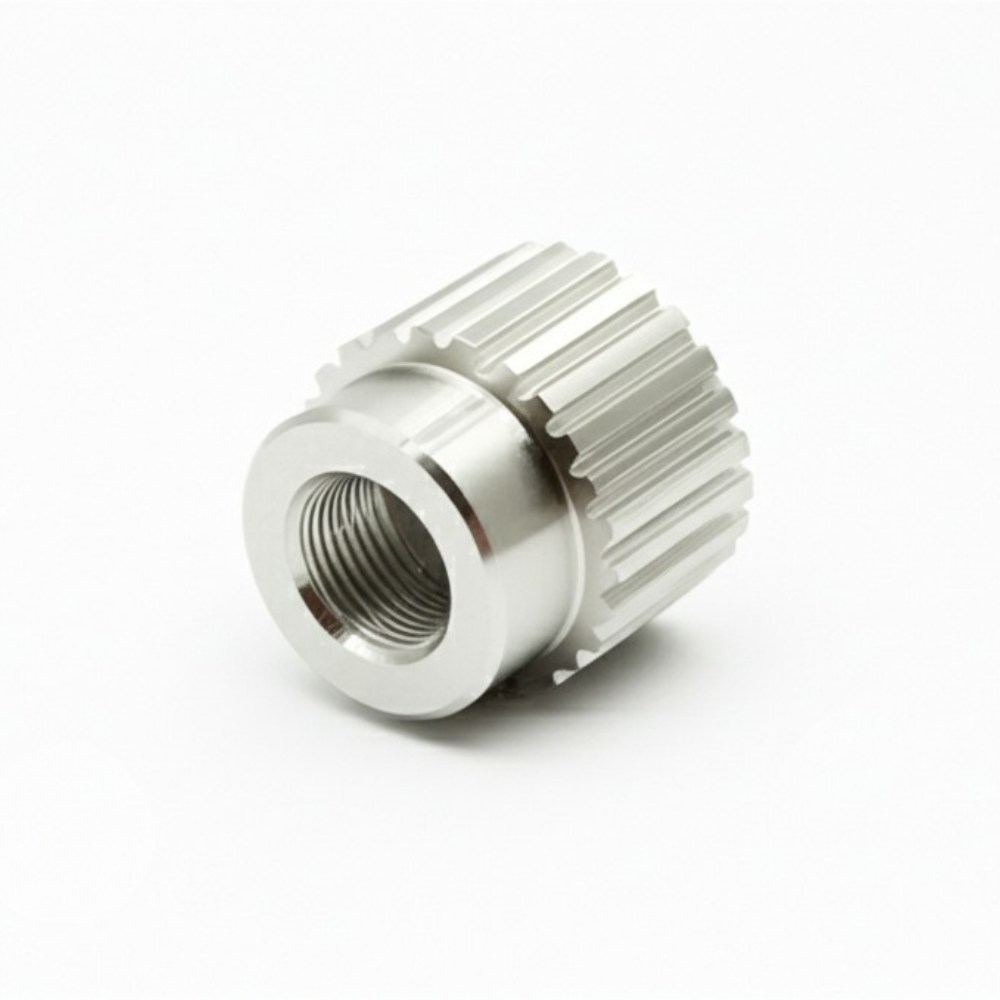
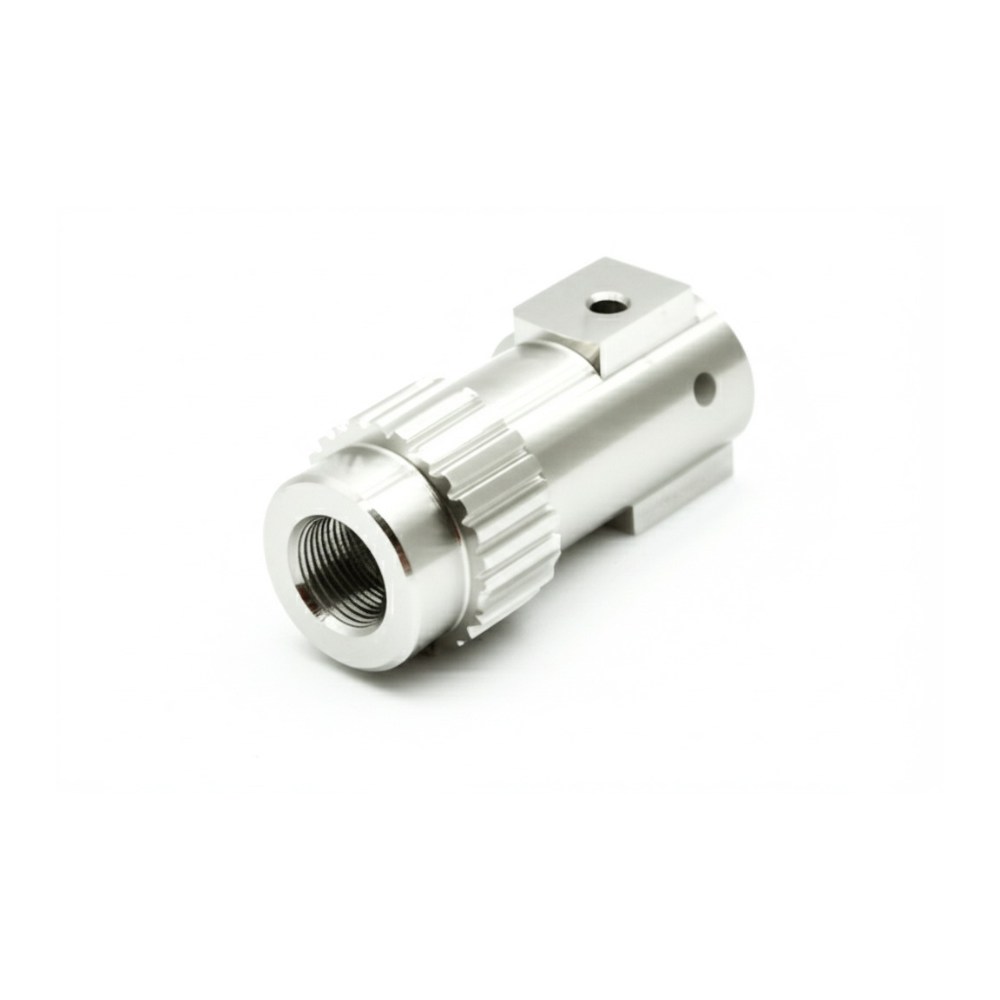
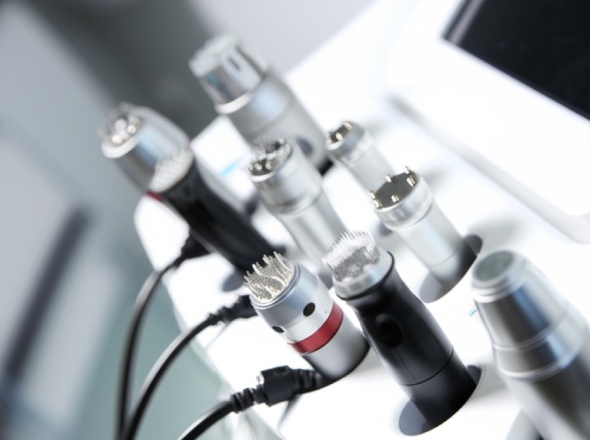
Swiss milling makes parts for tools doctors use in surgery, dental work, and special medical equipment. These parts must be perfect because they go inside people's bodies and must be safe.
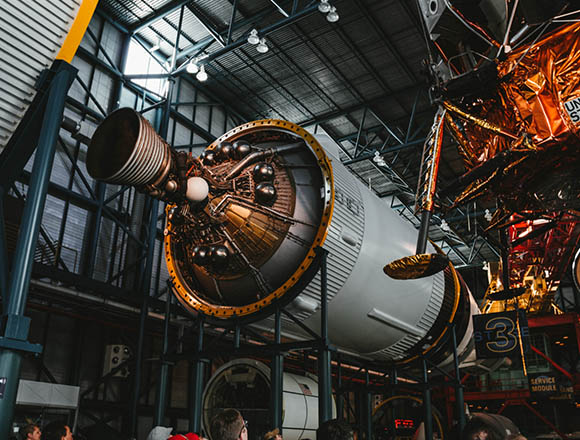
Planes and rockets need parts that: Are very light but super strong; Don't break when very hot or cold; Fit together perfectly to prevent leaks

Swiss watches are famous worldwide. The tiny gears and cases need: Perfect smooth finishes; Fancy designs cut into metal; Parts that fit together without gaps

Modern cars use Swiss-milled parts for: Fuel systems that don't leak; Engine parts that last longer; Safety equipment that works every time
Here’s how we make your parts:
We take your idea and make a computer model
Our experts program the CNC machines
The machine makes your part with perfect accuracy
We measure everything to make sure it's right
We add any special treatments like polishing
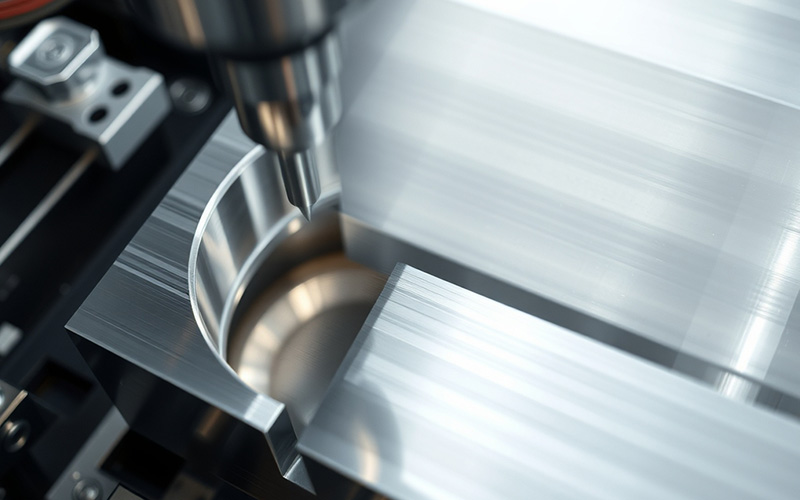
Our Swiss milling machines can spin tools at up to 60,000 RPM – that’s much faster than regular machines! This high speed lets us:
Finish your parts faster while keeping quality high
For even more complex parts, try our 5-axis machining service that can create almost any shape you can imagine.
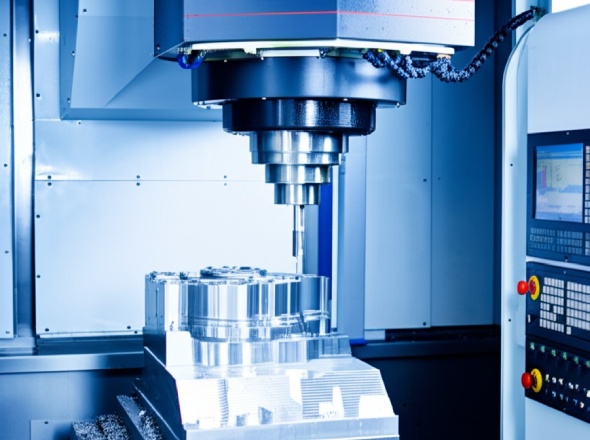
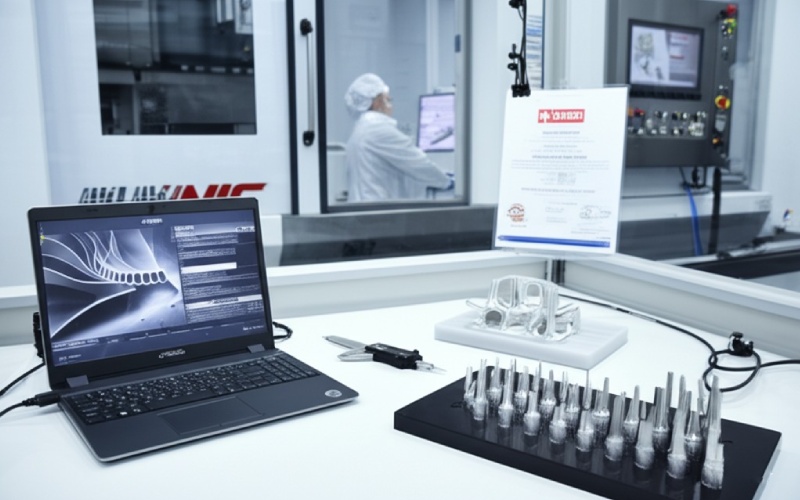
Swiss milling is perfect if you need:
As a top 5 CNC machining factory in China, we offer:
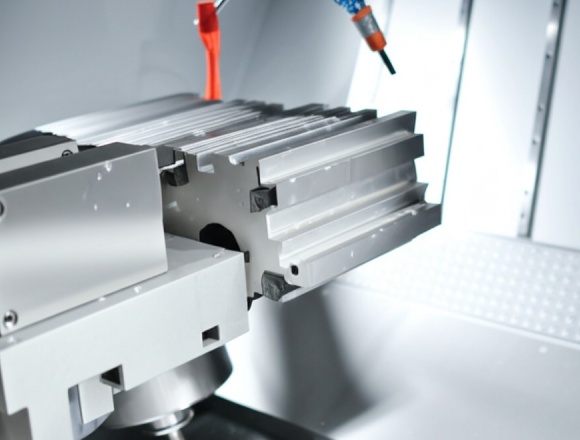
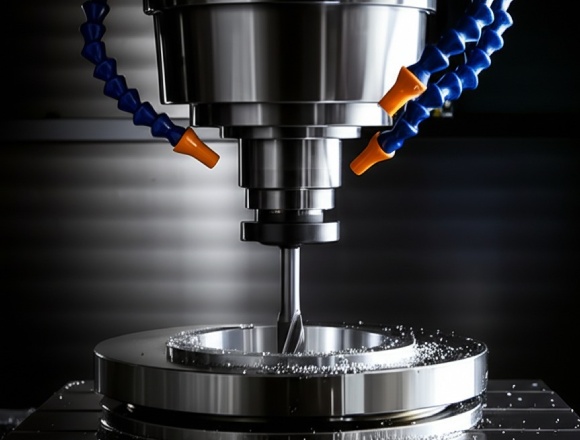
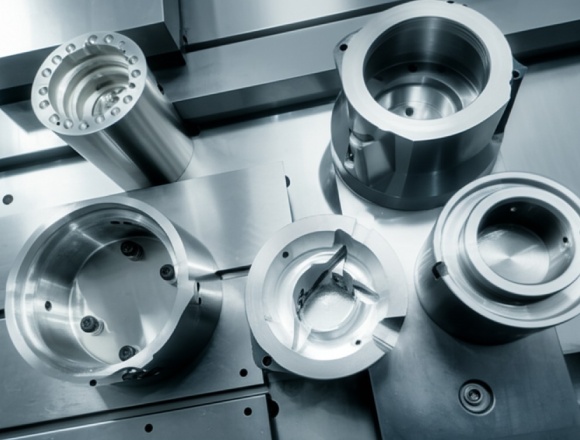
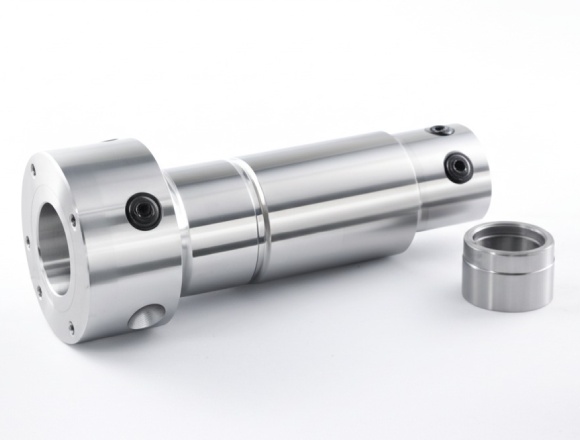
Whether you need one perfect prototype or thousands of identical parts, our Swiss milling service delivers the quality, accuracy, and reliability your project demands.
Contact us today to learn how Swiss milling can help your next project succeed. We’ll show you how precision machining makes the difference between good parts and perfect ones.
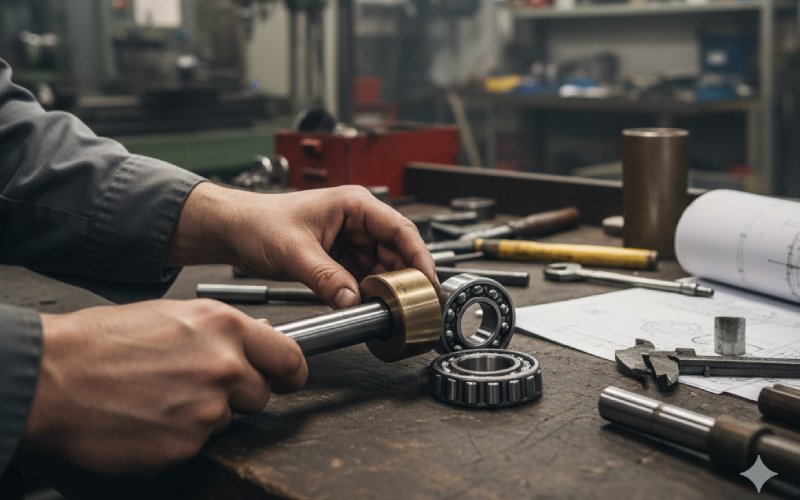
You almost never choose between a bearing and a bushing because of friction alone. You choose because of how you
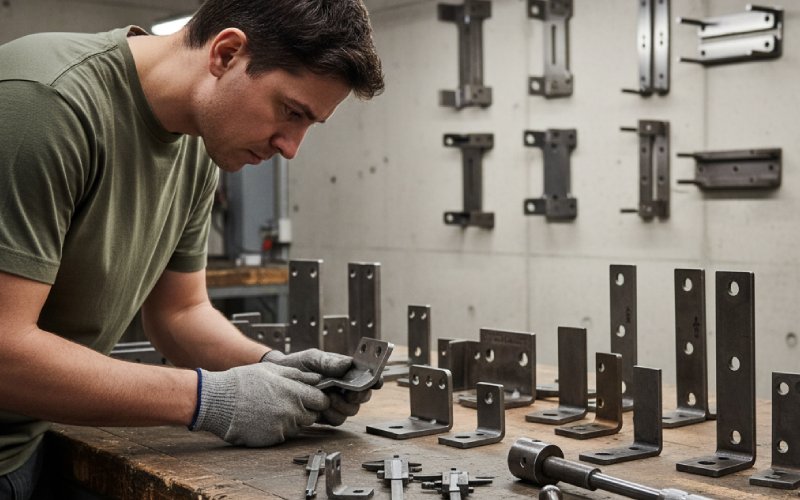
Most mounting brackets do not fail because the metal was weak. They fail because a few small design and installation
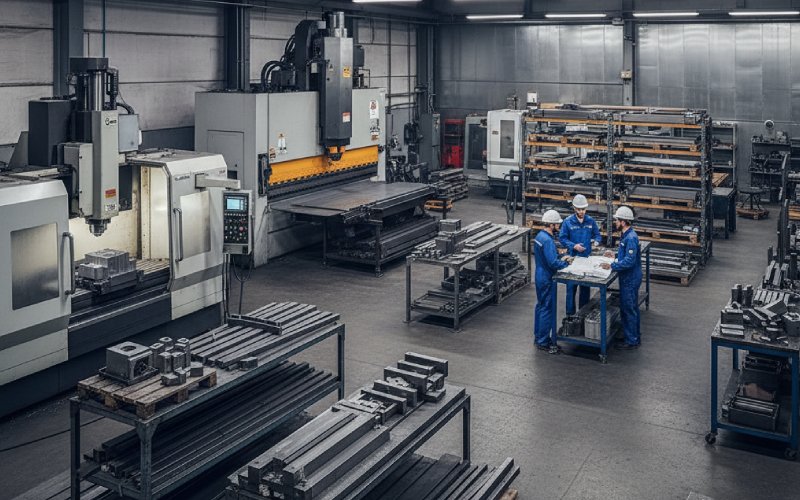
Most of the time the choice is simple: if the part is thick, 3D, and tolerance-critical in low or mid
